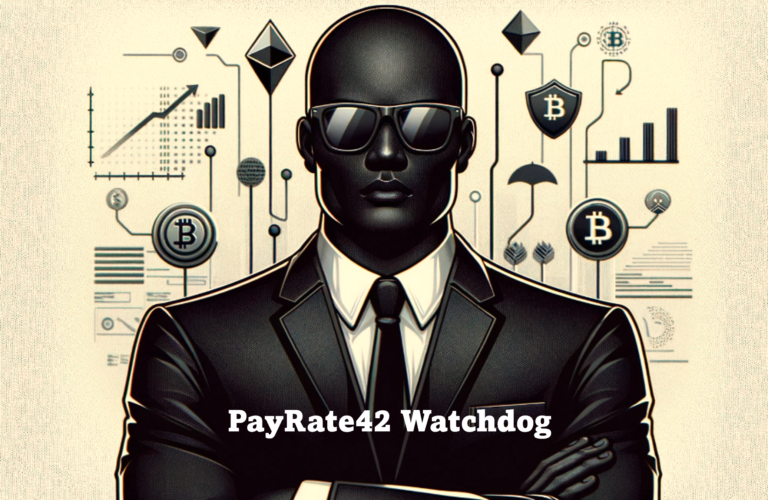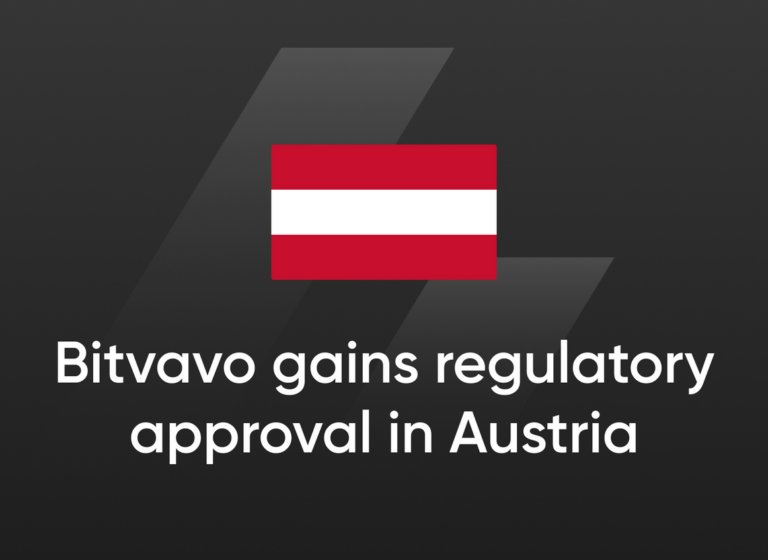As the global financial landscape evolves, regulators worldwide are confronting the complexities introduced by FinTechs and new-age payment providers. While cryptocurrencies have their own set of challenges, even traditional FIAT-based financial servicesaren’t exempt. A case in point is the UK’s FinTech behemoth, Revolut. Its journey to secure a banking license has been fraught with regulatory obstacles, underscored by recent revelations of inconsistencies in its financial reporting.
In the US, the SEC’s stringent stance against crypto giants like Binance and Coinbase is well-documented. The regulatory body contends that these platforms might not be fully compliant, rendering them susceptible to fraudulent activities and money laundering.
Germany’s BaFin, still reeling from the Wirecard fiasco, has adopted a more vigilant approach towards FinTechs such as N26, Solaris, and Unzer. Recent audits have unearthed gaps in their anti-money laundering measures. Public disclosures of these findings by BaFin have inevitably tarnished the reputation of the implicated entities. Notably, N26 has faced growth curtailments, with a cap of 50,000 new users per month since November 2021.
An intriguing aspect of the German Banking Act, Section 35 (2) No. 4b, grants BaFin the authority to dissolve a financial institution if it registers a 10% equity drop for three successive years, posing a threat to creditor assets. This provision is especially pertinent for FinTechs, known for their aggressive growth trajectories and heavy reliance on consistent capital influx. While BaFin’s intervention isn’t obligatory, it wields the power to rescind licenses, amplifying its regulatory influence.
The FinTech sector has witnessed turbulence since early 2022, marked by the insolvency of several entities. The initial tremors were felt in the US crypto domain with the downfall of major players like 3Arrows Capital, Celsius, and FTX. Traditional FIAT-focused FinTechs soon followed suit. With numerous startups facing liquidity crises, it’s evident why regulatory bodies are on high alert.





